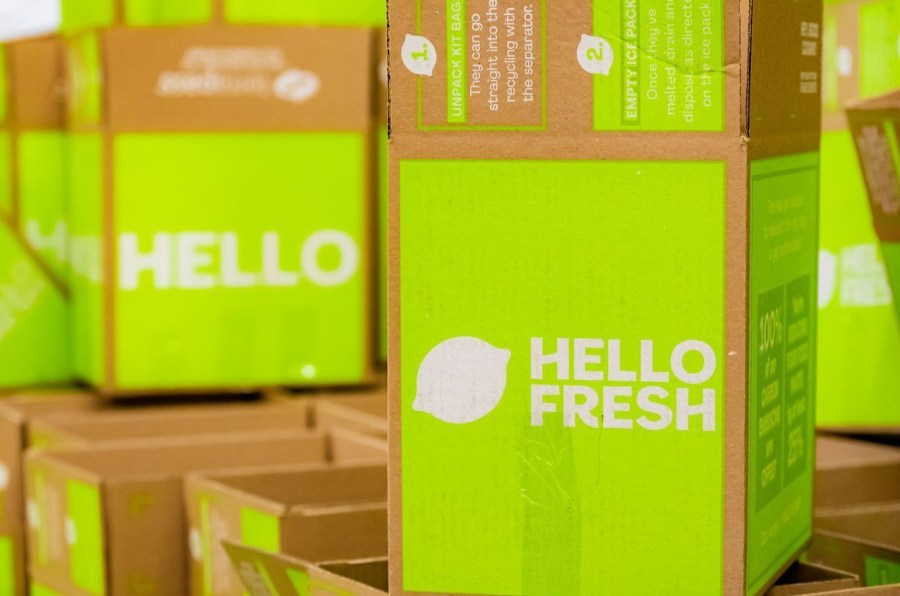HelloFresh, the popular meal kit delivery service, has been ordered to pay $7.5 million to settle a civil lawsuit accusing the company of enrolling some customers into auto-renewing subscription plans in a way that violated California law.
Los Angeles County District Attorney Nachan Hochman announced Monday that the meal kit service has been ordered to pay the millions in penalties for allegedly misleading consumers about the subscription charges “without adequate notice or authorization.”
California’s Automatic Renewal Law requires companies to “clearly and conspicuously” disclose its subscription terms before collecting payments, obtain affirmative consent from customers before charging their payment sources and offer an easy method for cancelling.
“No company no matter how big or well-known is exempt from California’s consumer protection laws,” Hochman said in a news release. “We will aggressively pursue enforcement when businesses take advantage of consumers by failing to clearly disclose subscription terms, obtain proper consent, or provide a fair way to cancel.”
HelloFresh is headquartered in Germany, but owns nearly three-fourths of the meal kit delivery market in the U.S., officials said. As part of the settlement, the company admitted no liability.

The case was brought to court by the district attorneys’ offices of Los Angeles and Santa Clara counties, and was investigated by a special task force charged with investigating violations of the California Automatic Renewal Law. That task force is currently investigating other violations of the law, Hochman’s office said.
The civil suit against HelloFresh was filed in Santa Clara County.
As per the agreement, HelloFresh will pay approximately $7.5 million in the lawsuit, $6.38 million of which will be divided among the prosecuting agencies. An additional $120,000 will be used to reimburse the costs of the investigation, and the remaining $1 million would be redistributed to eligible affected Californians.
“Consumers have a right to know what they’re signing up for, and they deserve better. Digital deception is still deception under the law,” Hochman concluded.
